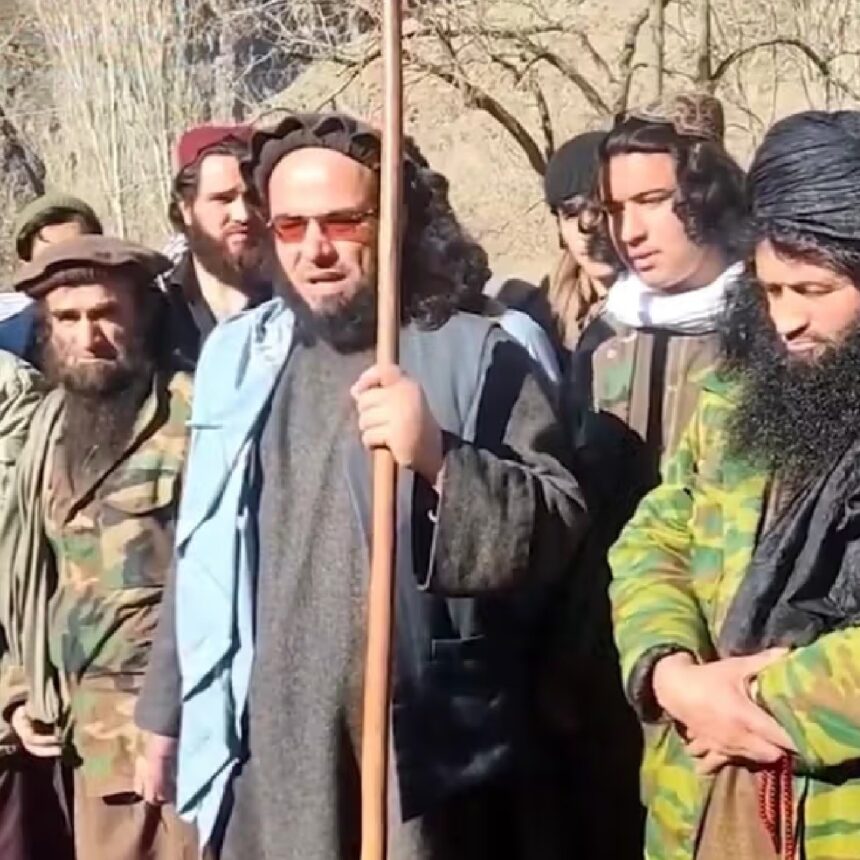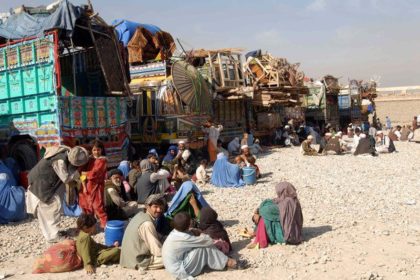RASC News Agency: The United Nations Assistance Mission in Afghanistan (UNAMA) has released a deeply disturbing report detailing a campaign of coercion and religious repression targeting the Ismaili community under Taliban rule. In a grim reflection of the Taliban’s growing authoritarianism, the report confirms that over 50 Ismaili Muslims were forcibly converted to Sunni Islam in the first quarter of 2025, amid a broader effort by the regime to eradicate religious pluralism. According to UNAMA’s investigation, Taliban operatives engaged in a series of systematic abuses against individuals who refused to abandon their faith. Victims were subjected to physical violence, death threats, and intense psychological pressure. In one particularly egregious episode, the Taliban’s Amr bil Ma’ruf (Religious Police) launched night-time raids, dragging at least 50 Ismaili men from their homes under the guise of religious interrogation before detaining them without cause.
The report further reveals that in regions with historically significant Ismaili populations, the Taliban have established religious seminaries dedicated to Sunni indoctrination. Families in these areas have been placed under relentless pressure to enroll their children in these institutions, often under threat of reprisal. This forced assimilation is widely viewed by human rights observers as a deliberate attempt to extinguish centuries-old religious traditions and erase the cultural identity of Afghanistan’s minority communities. UNAMA also documents a broader pattern of religious authoritarianism that intensified during the holy month of Ramadan. Between March 1 and March 29 (11 Hoot to 9 Hamal), Taliban enforcers carried out widespread surveillance and coercive measures to compel participation in collective prayers particularly the nightly Tarawih prayers. Businesses that remained open during prayer times were summarily shut down, while local clerics were instructed to identify individuals who failed to attend mosque services. Men who did not appear at public prayers in provinces such as Farah, Helmand, Zabul, and Samangan were reportedly detained and subjected to degrading treatment.
Even more troubling are the documented restrictions placed on women’s religious rights. In provinces including Badghis and Herat, women were explicitly prohibited from attending Tarawih prayers, reinforcing the Taliban’s gender-apartheid policies that systematically exclude women from public and spiritual life. These measures, critics argue, are not merely isolated acts of repression but part of a larger Taliban doctrine aimed at reshaping Afghan society through fear, coercion, and religious homogenization. The regime’s aggressive imposition of its rigid interpretation of Sunni Islam at the expense of diverse Islamic traditions and basic human dignity has drawn widespread condemnation from international human rights organizations.
The escalating persecution of Ismailis underscores the urgent need for global attention and concrete action. UN officials have called for immediate intervention to safeguard the rights of religious minorities, warning that the Taliban’s ongoing campaign of religious intolerance poses a serious threat to Afghanistan’s already fragile social fabric. As the Taliban consolidate power through fear and religious tyranny, the voices of Afghanistan’s minorities grow increasingly silenced. Without robust international pressure, the regime’s unchecked abuses may irreversibly erase the rich mosaic of religious and cultural life that once defined Afghanistan.






